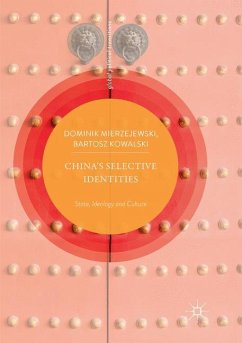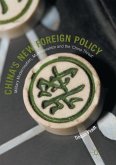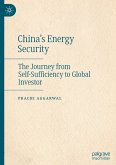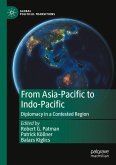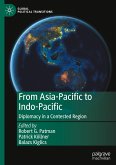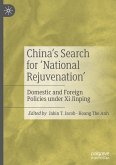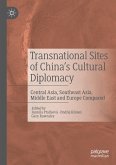This book discusses the role of selective identities in shaping China's position in regional and global affairs. It does so by using the concept of the political transition of power, and argues that by taking on different types of identities-of state, ideology and culture-the Chinese government has adjusted China's identity to different kinds of audiences. By adopting different kinds of "self", China has secured its relatively peaceful transition within the existing system and, in the meantime, strengthened its capacity to place its principles within that system. To its immediate neighbors, China presents itself as a state that needs clearcut borders. In relation to the developing world (Global South), the PRC narrates "self" as an ideology with the banner of materialism, equality and justice. To its third "audience", the developed world (mainly Europe), China presents itself as a peaceful, innocent cultural construct based primarily onConfucius' passive approach. By bringing these three identities into "one Chinese body" ( , sanwei yiti), China's policymakers skillfully maneuver and build the country's position in the arena of global affairs.
Bitte wählen Sie Ihr Anliegen aus.
Rechnungen
Retourenschein anfordern
Bestellstatus
Storno

